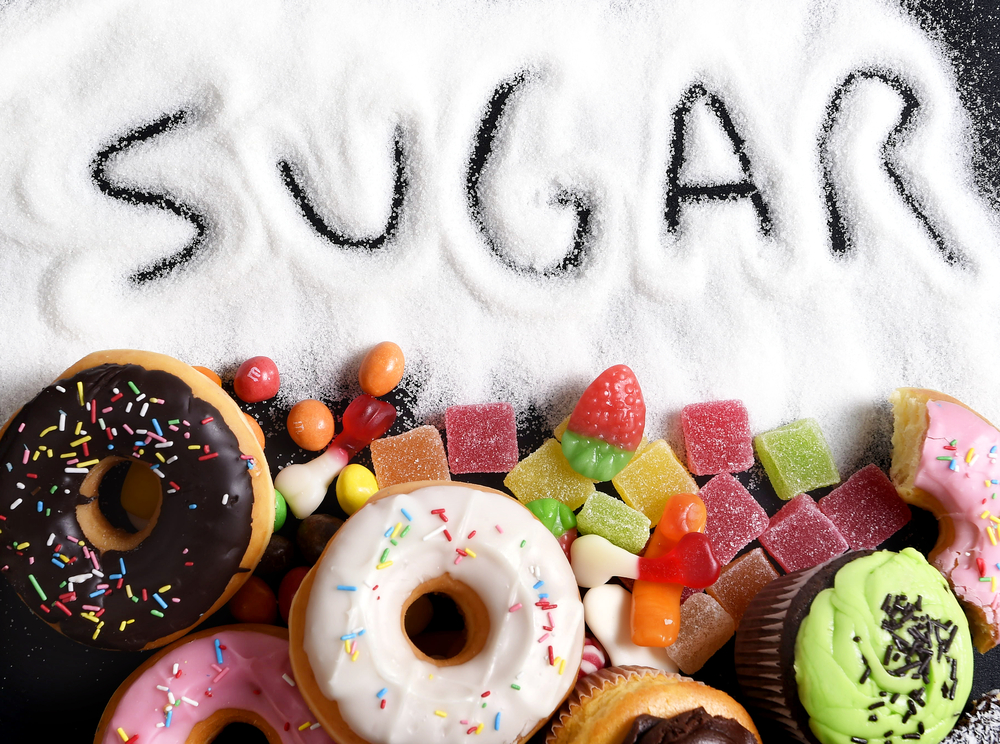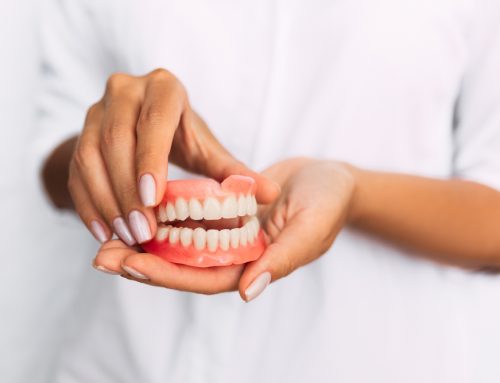The interconnection between nutrition, specifically sugar consumption, and oral health cannot be overstated. In my practice, we’ve observed firsthand the repercussions of dietary choices on oral health and the systemic implications they harbor. The 2016 statement by the American Heart Association on the added sugars and cardiovascular disease risk in children underscores a critical health concern that extends beyond my dental chair.
Sugars, in their simplest forms as monosaccharides and disaccharides, are not inherently detrimental. However, the issue arises with the overconsumption of added sugars, leading to a host of health problems including caries, the most prevalent disease worldwide. Caries develop when sugars interact with oral bacteria, creating acids that attack tooth enamel. This process not only leads to cavities but can set the stage for more severe oral and systemic health issues.
Our Take on Sugar
Our role as dental professionals extends to educating patients about the risks associated with high sugar intake. It’s imperative to understand that choices made at the dining table affect not just systemic health but oral health as well. Obesity, diabetes, and even heart disease have ties to dietary habits established in childhood.
At Pickett Family Dental, we advocate for a balanced diet with minimal added sugars. We support the AGD’s stance on limiting sugar intake to no more than 6 teaspoons per day for children, emphasizing that less is indeed more beneficial. Additionally, we recognize our responsibility in the early identification and management of conditions such as diabetes and obesity. Screening for these conditions is within our purview as dental professionals, and we take this role seriously, understanding that early detection can lead to more effective management and better health outcomes.

The Problem with Sugary Drinks and Snacks
The issue of sugar-sweetened beverages (SSBs) and their consumption is particularly concerning. These beverages, often high in high fructose corn syrup, contribute significantly to the calorie excess leading to obesity and its related health problems. Limiting SSB intake and replacing sugary snacks with nutrient-rich foods are steps in the right direction toward maintaining a healthy diet.
As a dentist, I see the effects of poor nutrition on teeth and gums daily. It’s clear that education and prevention strategies are needed to combat the overconsumption of sugar and its health consequences. This includes advocating for healthier food and beverage options in schools, understanding the role of media in promoting poor nutrition, and supporting public policies that aim to reduce sugar consumption.
The link between diet and oral health is undeniable. As a dental practice committed to the well-being of our patients, Pickett Family Dental emphasizes the importance of nutrition in maintaining not just oral health, but overall health. We are dedicated to providing the education and preventive care needed to help our patients make informed choices about their diet and health. Together, we can work towards a healthier future, free from the adverse effects of sugar overconsumption.



